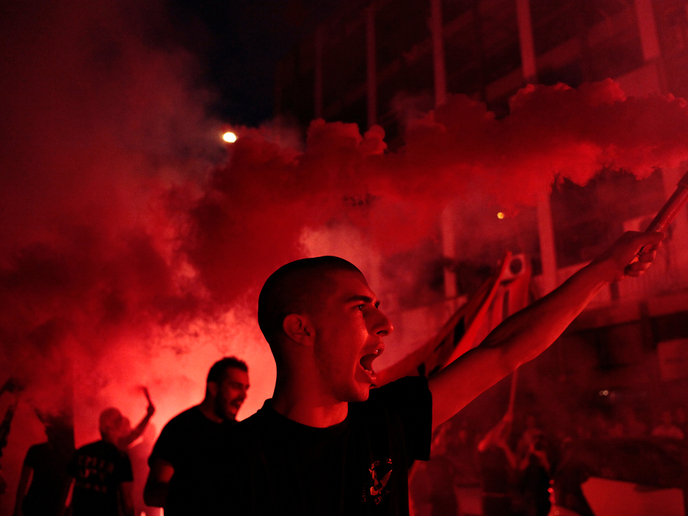Football, fatwas, fascism: the surprising truth about what drives extremism in Europe
Radicalisation has been a major political issue over the last two decades. In Europe, it is essentially divided into two main forms. The first is Islamism and the second – which has become more prevalent in the last five years – is pernicious extreme right movements threatening the very foundations of our multicultural and open societies. These two groups are often opposed, although they are assumed to share the same tendency for violence. There is still much we don’t know, or we misconceive, about the breeding grounds of these two forms of radicalisation. “We’re facing a lack of empirical research into radicalisation environments, and a lack of knowledge of why, within these environments, most young people do not radicalise,” explains Hilary Pilkington, professor of Sociology at the University of Manchester and coordinator of the DARE (Dialogue About Radicalisation and Equality) project. “We wanted to close these gaps as well as influence the debate on how radicalisation processes interact to produce cumulative effects.” To do so, the project team conducted ethnographic studies of Islamist and right-wing extremist environments. “Our 19 completed studies generated just under 400 semi-structured interviews with a total of 369 young people from 12 countries. The milieus selected varied significantly – from a French prison to a self-proclaimed ‘football fanatics’ milieu in Poland – and findings in each case study report are rich and complex in their own right,” says Pilkington. The project demonstrates that socio-economic inequality does not consistently predict radicalisation. It depends on the country, the ideological type of radicalisation and the form of radicalisation (cognitive or behavioural).
Violence as an exception to the rule
The interviewed actors rarely see themselves as extremists. They do, however, identify both other groups and some people within their own milieu as too extreme, which confirms the relational nature of extremism. “An important research finding is that this self-dissociation of research participants from extremism is not just empty rhetoric. Milieu actors, with only a few exceptions, rejected the use of violence to achieve political goals,” Pilkington adds. “While they strongly defended the right to hold and express any opinion, they believed that the imposition of views on others was where extremism began.” In practice, few actors had reached the level of violent extremism. Pilkington explains that radical actions emerge “when the concerns underpinning grievances such as perceived injustice, persecution or the feeling of being silenced are felt to present some kind of existential threat to one’s group, requiring action to defend that group.” Other factors include the feelings of isolation, disconnect and marginalisation as soon as it appears that there are no alternative ways to seek redress. Perhaps the most surprising project outcome is the degree of openness to dialogue demonstrated by interviewees. Pilkington believes this raises important questions for future research, such as whether political radicalism and extremism are as clearly associated with a ‘close-minded’ disposition and a resistance to dialogic engagement as current literature suggests. Over the next few months, DARE will focus on the development of two educational toolkits, as well as research briefings and an edited volume. Pilkington hopes these will feed into the growing recognition of radicalisation as a societal rather than purely security-related phenomenon. Eventually, she says young people should be provided with the means to play a meaningful role in community-led initiatives to challenge hate and prejudice, from wherever it originates.
Keywords
DARE, radicalisation, inequality, extreme right, Islamism, young people, right-wing, fascism, football



